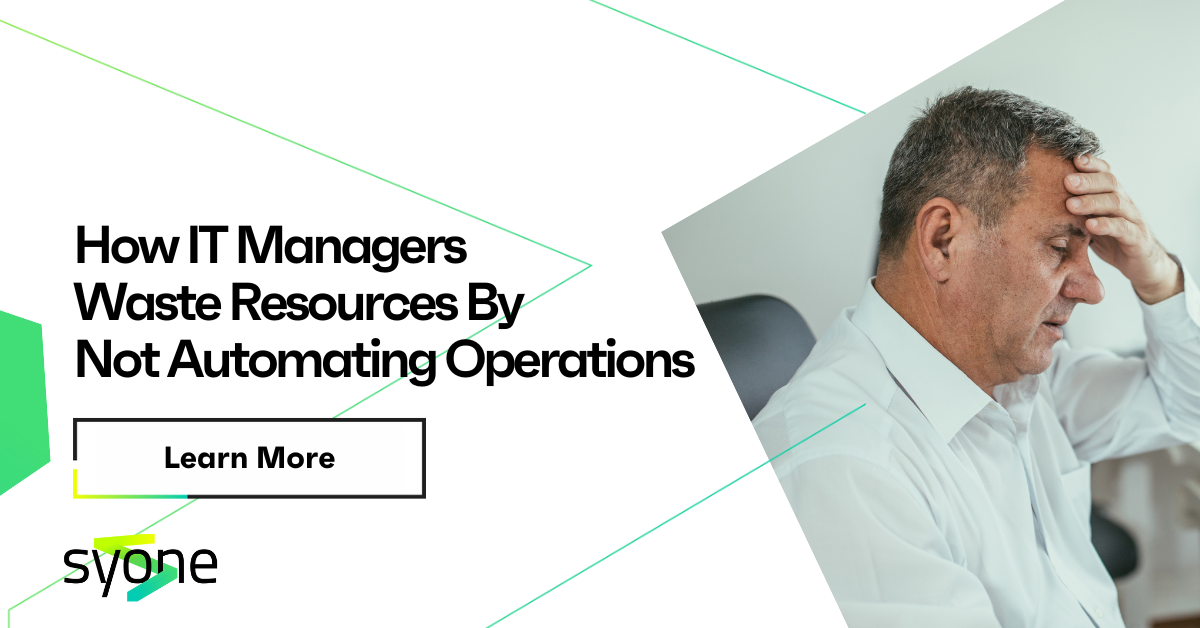Ask a colleague about their vacations, and they will probably greet you with an empathic: “Short!" Time flies when you're having fun.
That's a typical conversation between colleagues after returning from vacation. You're living on a permanent Sunday, and suddenly, Monday slaps you in the face. You need to switch from waking up to sunlight on your face to the sound of an alarm clock (the worst sound ever, in my opinion).
You must trade cocktails and ice creams for coffee on the office balcony and your flip-flops and jams for traffic jams. It’s a lot to handle, and these feelings are more common than you think.
According to Portuguese law, under Article 241, you are entitled to a minimum of 10 consecutive days of vacation. This makes sense if you think about it—during the first few days, it’s hard to turn off the "work mode” completely. After that, it's easier to feel less stressed and more relaxed. But unfortunately, being on vacation isn't permanent; eventually, you must wake up and face your desk.
What is a Vacation Hangover?
This is a topic that many professionals have pondered, with the first mentions appearing in the 1950s. This phenomenon is known as post-vacation depression, post-holiday blues, or holiday syndrome. Typical symptoms include latent anxiety, increased irritability, nostalgia, difficulty sleeping, and general discomfort or unease. These symptoms can last up to two weeks after returning from vacation and affect a person's performance at work, school, or even their relationships.
In this article, we’ll call it a "vacation hangover". Why? Well, let’s think about it together.
During vacation, you're happy, spending time with family and friends, doing things you don’t usually do, and experiencing increased happiness. Whether sunny or rainy, you eat more, wear flip-flops and light clothes, and you still have a full battery even with less sleep.
I bet that you get the idea behind the hangover metaphor.
When it’s time to return, everything seems darker and less joyful than before. It may have been just two weeks, but to you, it felt like much more, and somehow, all the energy you gained by the sea seems to have been stolen by the sound of the alarm clock.
Unfortunately, this article isn’t about living permanently on vacation. Still, it does offer some tips to help you deal with this "vacation hangover" and help you avoid turning green and smashing everything at the office.
Pre-Vacation Hangover
If you’ve been following my logic, there are some strategic ways to reduce the chances of getting drunk and avoid a hangover. One of them is eating well and drinking water beforehand.
Well, it’s the same when returning from vacation there are strategies you can apply in advance to help reduce the "vacation hangover" and make the transition back to work smoother:
- Delegate responsibility while you're on vacation. This should always be a priority. By assigning decision-making to someone on your team, you can prevent problems and decisions from piling up on your desk when you return. It ensures that some issues are resolved or decisions are made in your absence, reducing the workload when you return.
- Block off your first day back. Returning from vacation can feel like waking up from a dream to (sometimes) a nightmare, and you’ll need some time to adjust. It's like moving from a fluffy cloud to a dark, haunted office (and yes, I’ve had nightmares about haunted houses, and I'm not sure what Freud would think about it. That's a topic for another article). Blocking your first day back from meetings gives you time to catch up on information and regain some control. Use this time to go through emails, chat with your team, and understand what happened while you were away.
- Set your out-of-office one day early. Your out-of-office message informs the company or clients that you're not available. Setting it up a day before your vacation helps delegate any "new work" you can’t handle immediately. This allows you to focus on finishing any pending work and creating a "to-do list" for your manager or teammates, highlighting any unresolved matters or tasks that need attention while you're gone.
Vacation Hangover Tips
Oh yeah, the day has arrived, and it's time to return to work.
Research shows that vacations positively impact mood, reduce mental stress, and increase life satisfaction. Unfortunately, these feelings can disappear within the first week of returning to work.
Once again, it feels a bit like being drunk. Everything is great and happy, but it seems to disappear when you wake up and feel like you’re battling a war inside your head. It might feel like the end of the world, but it isn’t.
There’s a solution that also applies to returning to work after vacation. Here are some tips to help you deal with the symptoms of a "vacation hangover":
- If possible, return home a day early. This extra day helps with the transition. You need time to step off the fluffy clouds and embrace the chaos. You can use this day to organize your home, unpack your luggage, and restock the fridge. This helps organize your mental space and reduces stress triggers. Have a home-cooked meal and forget about the "all-included" life.
- Get back to a regular sleep schedule: If you have kids under 5, skip this (sorry!). On vacation, you can sleep or get up when the rooster crows —you have options. But when you return to work, you don’t. Prioritizing regular sleep is essential, as research shows a strong link between sleep and mental health, especially for mood regulation.
- Focus on the positive: Your inbox might look like Santa's in December, but not everything will be bad news or problems to fix. There could be good news—perhaps your team was a top performer, or the company introduced a new perk. Focusing on the positive can significantly impact your mood and overall well-being. Positive thinking leads to positive outcomes, and this mindset can greatly improve your day.
- Fill your calendar with activities you love: Returning to work doesn’t mean the fun is over. It’s important to stay happy and make time for what you love. Whether it’s dinner with friends, going to the movies, or getting a massage—whatever makes you happy, as Nike says, “just schedule it.”
- Plan your next trip: What's the best way to cure a hangover? Some say it's to take the last drink of the night before (just kidding, don’t try this at home!). But seriously, research shows that planning your next trip can reduce feelings of sadness and stress. Thinking about your next adventure helps you feel less down and positively impacts your mental health.
The Bottom Line
Returning to work isn’t easy; these tips may help you deal with the "vacation hangover." However, if this sadness and darkness remain, even when your last vacation is just a distant memory, seeking help is important.
This help can come from a mental health professional if you feel the issue is deeper than work-related or from LinkedIn if you realize you no longer fit in at your current company.
So, unlike the movie, “I Know What You Did Last Summer/Vacation”, do you think these tips could help you?
I hope they do!









